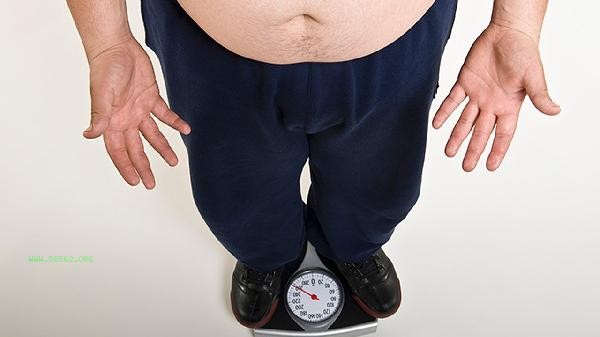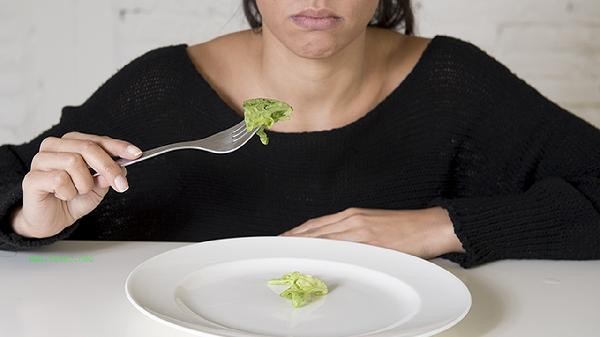During dieting and weight loss, you can choose low calorie and high nutrient foods to supplement energy, mainly including high protein foods, complex carbohydrates, dietary fiber, healthy fats, and vitamins and minerals.

1. High protein foods:
White meat such as chicken breast, fish, and shrimp provide high-quality protein, with only 120-150 calories per 100 grams of calories. The process of protein digestion and absorption consumes more calories, which can prolong satiety. Whey protein powder can be used as a meal replacement supplement, and it is recommended to choose sugar free products. Eggs are rich in lecithin, which helps with fat metabolism. You can consume 1-2 whole eggs per day.
2. Complex carbohydrates:
Whole grains such as oats, brown rice, and whole wheat bread have low glycemic index and are rich in B vitamins. Sweet potatoes and purple potatoes contain resistant starch, which can promote intestinal peristalsis. It is recommended to consume 100-150 grams per day, divided into 3-4 servings. This type of food can stabilize blood sugar and avoid dizziness and fatigue caused by dieting. 3. Dietary fiber: Green leafy vegetables such as broccoli and spinach have low calorie density, with only 20-30 calories per 100 grams. Mushrooms contain polysaccharides that help regulate the gut microbiota. Daily intake of vegetables should be at least 300 grams, and low oil cooking methods such as blanching and cold mixing should be used. Fruits with skin such as apples and pears can slow down gastric emptying.
4. Healthy fats:

Avocado contains monounsaturated fatty acids, which provide about 120 calories of energy per half. It is recommended to consume 15-20 grams of nuts per day, preferably plain almonds and walnuts. Flaxseed oil is rich in omega-3 fatty acids and can be consumed cold. Moderate healthy fat can promote the absorption of fat soluble vitamins and maintain stable hormone levels.
5. Vitamins and minerals:
Compound vitamin tablets can prevent micronutrient deficiencies. It is recommended to choose products specifically designed for weight loss individuals. Calcium and magnesium tablets help alleviate muscle soreness, while vitamin D3 promotes calcium absorption. Electrolyte drinks can quickly replenish sodium, potassium, and magnesium, making them suitable for consumption after exercise. Seaweed, seaweed and other seafood are rich in iodine, and should be consumed 2-3 times a week.
During dieting, it is recommended to adopt a small and frequent meal pattern, controlling daily calories between 1200-1500 calories. Breakfast can be paired with Greek yogurt and blueberries. For lunch, choose a mixed grain rice with steamed fish. In the afternoon, add 20 grams of nuts. For dinner, focus on mushroom tofu soup. When cooking, use olive oil spray to control the amount of oil used, and avoid high heat practices such as braising and frying. Drink at least 2000 milliliters of water per day, and can be divided into zero calorie drinks such as green tea and pu erh tea. Combining aerobic exercise 3-4 times a week, such as brisk walking, swimming, etc. for more than 30 minutes, can effectively reduce muscle loss. When obvious symptoms such as fatigue and dizziness appear, the dietary plan should be adjusted in a timely manner.





Comments (0)
Leave a Comment
No comments yet
Be the first to share your thoughts!